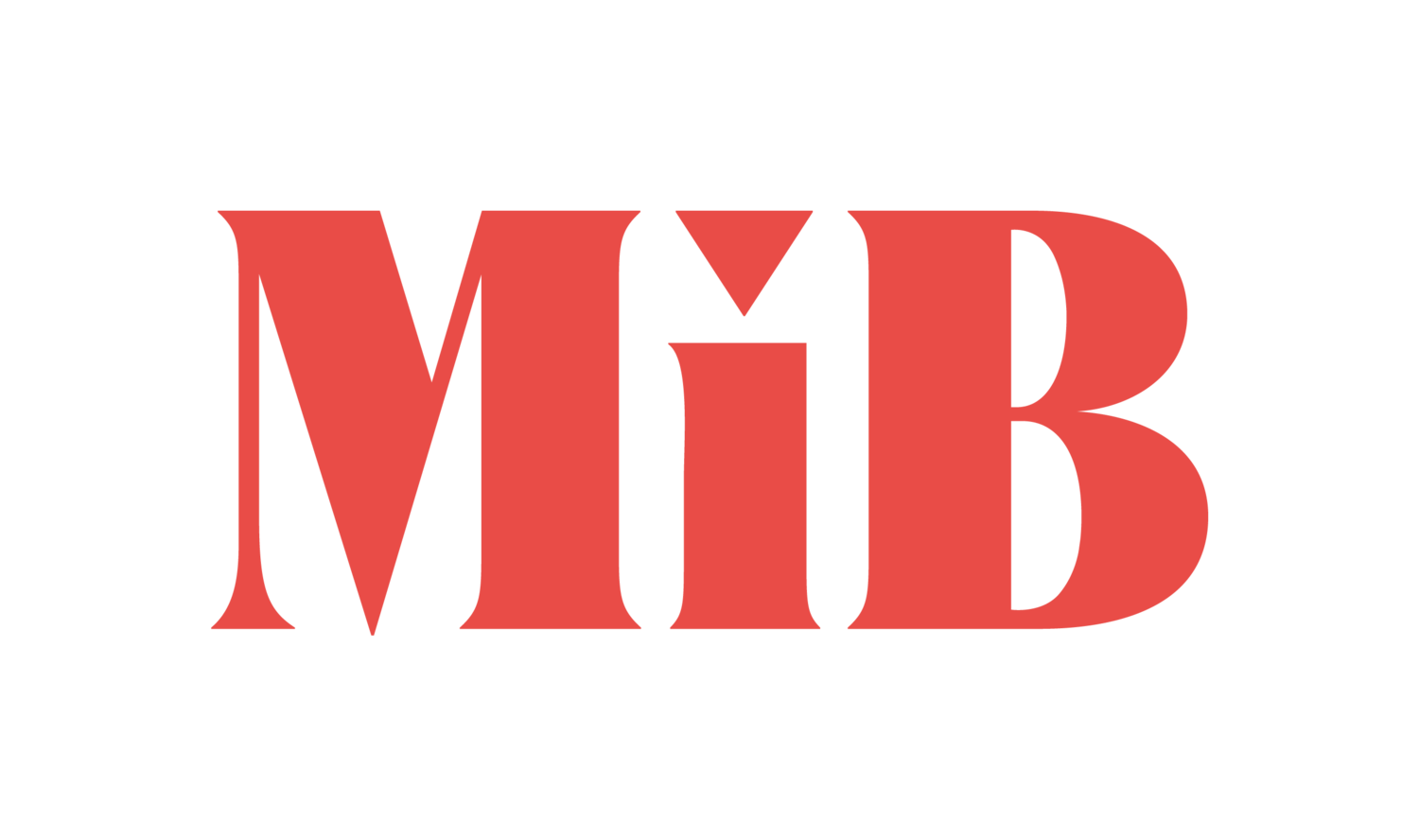Two early career social science researchers, Jawaria and Heidi got to know each other through the MiB network and quickly found that they had much in common.
Shared personal ambition to do research lead into regularly meeting with a cup of coffee, talking about career and kids. This blog is the continuation of their first blog.
Who are the moms?
Jawaria came to Finland six years ago to study her Master of Social Science and recently finished her PhD - check out the dissertation. She was born in Pakistan and studied there for 16 years, after which she has lived in Finland and is a mother of two.
Heidi, a PhD student at Tampere University, has lived in Helsinki and Iisalmi and studied in Helsinki, Tampere and New York Universities. She is also a mother of two.
So what do these two mothers talk about, as they meet again? We captured a continuation dialogue between the two social scientists in cafeteria at Tripla:
- Hi Heidi - how are you today?
- Better than last time, thank you - not so overloaded. And it is Friday! How about you?
- Good to hear. Unfortunately my nights are terrible with a teething baby.
- I still remember how tired I was when my children were small. I cannot understand how you can concentrate on writing academic articles. Is it because researchers' work is flexible?
- In my opinion, academia is not at all flexible work. It requires more work than an office job. The pressure to publish, the struggle with funding applications, the stress to find a good network. It is more work than a 9 to 5 job and it keeps you up day and night.
- That is true. Sounds like strong self-management skills are needed. Do you think we are like micro-entrepreneurs - when combining different roles as researchers and mothers? Of course we have many other roles, too.
- Well, that’s a perfect description of motherhood. We have to wear different hats simultaneously to keep running our daily chores. From feeding the little ones to taking care of our physical and mental health, it requires a lot of work with different strategies. For instance, during my PhD I used to stay up all night to write my articles because writing requires careful planning to organize your thoughts. That wouldn't be possible for me during the hustle and bustle of the day.
- According to studies, women spend more time than men daily on unpaid care work. Childcare is still more on mothers' responsibility, also in Finland. Children grow up in more diverse families than before, and not all families have another adult with whom you can share expenses and responsibilities. I raised my children in a nuclear family, but sharing the care responsibilities did not succeed. Eventually we broke up.
- My husband is the sole breadwinner of our family and although I do not have any pressure or obligation to work yet, I feel this constant burden to contribute to our family income especially with the rising inflation. Also, I think for my sanity and wellbeing I definitely want to become part of the workforce as soon as possible. The research also suggests that stay at home mothers do more ‘unpaid’ work than any paid job in the world.
- After my parental leave I wrote in my CV that I had an excellent skill as project manager at home. It is important to highlight how much invisible work stay-at-home parents do. Valuable work. The amount of it still surprises me. Why we do not speak about it more? Daminger (2019) writes about cognitive metawork, i.e. ensuring the smoothness of everyday life.
- Exactly! The sad truth is that the work is invisible, it is not rewarded financially or verbally and it is often considered as ‘intrinsic’ to women. Getting things done as a stay at home parent is not just performing the tasks, it requires planning, too. So it is like being a project manager that does the most valuable and demanding work on earth.
- I have thought a lot about COVID-19. An interesting study came out that dealt with mothers' experiences of reconciling work and family during the pandemic in Finland. Us experts are privileged to work from home, but on the other hand, you cannot escape from your duties. How did you experience that time?
- Well, I did my whole PhD during the pandemic with a newborn by my side. My third article is my autoethnography which details every aspect of that. https://ojed.org/index.php/jis/article/view/4344/2234
- This article of yours really opened my eyes. We are both first academics in our families and probably have had a bit of naive expectations? However, I think that academia is a very interesting and inspiring bubble.
- I am glad you liked it! Yes, no matter how difficult it is to be a social scientist in Finnish academia, it is our passion. Writing on societal issues gives you mental satisfaction of being a responsible human being.
- This reminds me that I have a networking event in two weeks where I will talk more about navigating career paths in Finnish companies as an international academic along with other panelists. Please join me if you can!
- Oh I would love to join! Thanks for sharing. See you in two weeks then!
Did our discussion spark thoughts or ideas? Comment here or feel free to contact us!
E-mail: jawariakhan786@live.com, heidi.lehtovaara@tuni.fi
LinkedIn:
Mothers in Business (MiB) is a nationwide network that supports career-oriented mothers in balancing work and family. MiB’s aim is to provide opportunities for skills development, networking and career advancement. Currently, the network has over 4000 members and hundreds of volunteers throughout Finland.
MiB International is a project that aims to develop MiB’s modes of operation to meet the needs of international career-oriented mothers living in Finland and to engage in societal advocacy towards a more inclusive and equal Finnish working life.



